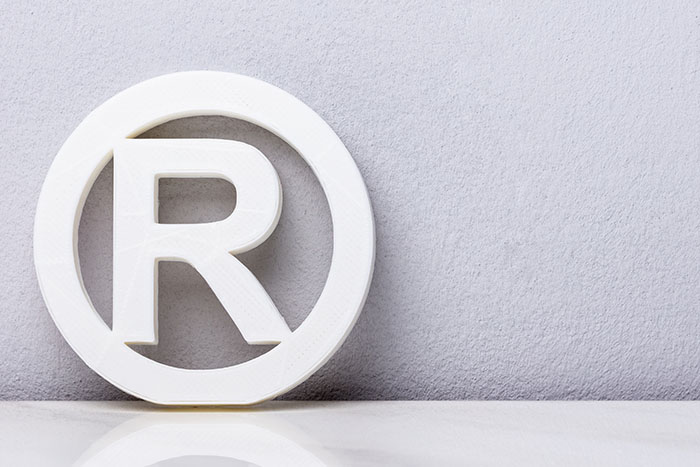Courts at both UK and EU level are increasingly focusing on the concept of “bad faith” and, perhaps as a result, objections of bad faith are arising more frequently in practice. A finding of bad faith may result in the rejection or cancellation of the trade mark.
Typical situations
Bad faith typically arises where a business is pursuing a filing strategy that is in some sense playing the system; for example, the primary intention may be to block a competitor’s use of an existing mark or to obtain an unfair advantage by clever manoevering.
Blocking a competitor
This can arise where an applicant knows that a third party is using a name or has pre-existing rights in it and files for registration in order to stop that other party using it. For example, in the recent case of Univers Agro EOOD v EUIPO[i] the EU General Court (the EU’s second highest court) found that a registration by Univers of AGATE for automobile tyres was invalid on the grounds of bad faith because it had been filed with the intention of taking over the clients of a Chinese company, Shandong, in Bulgaria, where Shandong’s distributor was already using a similar mark. The court will assess all relevant factors to decide whether there was a dishonest intention, but a key point in such cases is often whether the applicant was aware of the conflicting use.
Re-filing
In April this year the EU General Court cut down the scope of Hasbro’s MONOPOLY trade mark on the basis that it had been re-filed in bad faith[ii]. Re-filing is a common practice used to extend the initial five year grace period during which the trade mark owner does not need to prove that the trade mark has been used. All the circumstances must be taken into account, but the English Court of Appeal has recently indicated that this practice is likely to constitute bad faith on the basis that its sole purpose is to circumvent the non-use provisions of trade mark law[iii].
Lack of intention to use – broad trade mark specifications
Bad faith is often associated with a lack of genuine intention to use the mark oneself, but the EU Court of Justice has emphasised that mere absence of intention to use is not enough without additional elements of dishonesty[iv]. Such dishonesty may relate to the way the trade mark system is used (or abused). However, the English Court of Appeal has recently clarified that a strategy of applying for protection in relation to broad categories of goods and services to cover as yet unplanned future expansion does not in itself amount to bad faith, giving brand owners welcome leeway in drafting their trade mark specifications to protect a developing brand.
Where does this leave brand owners?
Trade mark owners will welcome the green light given by the Court of Appeal in relation to the filing of broad categories of goods and services. The message for those brand owners seeking to challenge on the basis of bad faith is that the burden of proving dishonest intention is a high one, whether this is in relation to broad filing or other activities such as those described above. Nevertheless, in practice, an allegation of bad faith can be a legitimate and useful approach where another brand owner is not felt to be playing fair.
If you would like to discuss any issues relating to trade marks, do please contact our trade marks and brand protection team or your usual Stevens & Bolton contact.

 Elaine O'Hare
Elaine O'Hare